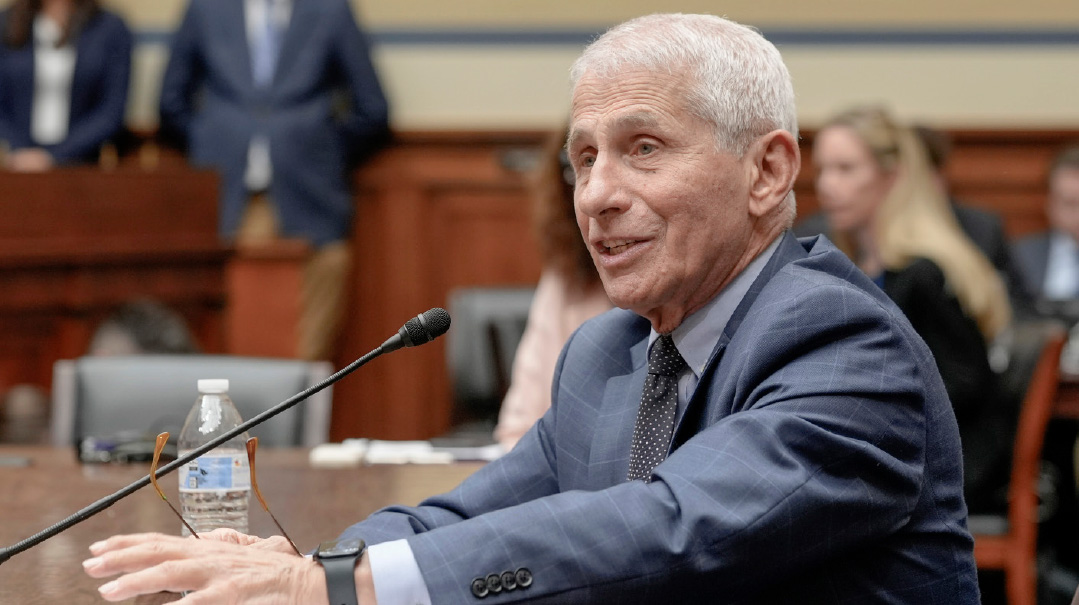
Ongoing discussions surrounding the origins of a highly controversial virus have reignited debate across scientific and geopolitical communities. At the center of the controversy are allegations that the virus may have been deliberately produced in a laboratory setting. Though no official conclusion has been reached, the topic remains highly sensitive due to its implications for science and international diplomacy.
If the virus were proven to be artificially developed as part of a laboratory experiment, it could seriously undermine public trust in the scientific community. Research institutions worldwide maintain strict ethical protocols, and confirmation of intentional viral creation would provoke significant scrutiny of those systems.
Furthermore, suggestions that the virus originated from a Chinese laboratory elevate the issue to an international political level. Accusations directed at China could deepen existing tensions between nations, particularly between China and Western powers. Critics fear that such revelations would not only incite diplomatic conflicts but could also lead to widespread repercussions in trade, security, and global collaboration.
While various theories have circulated since the early days of the virus outbreak, global health organizations and political leaders have largely urged caution, emphasizing the need for thorough, independent investigations. Scientists stress that clear, evidence-based conclusions must guide public discourse to avoid misinformation and unnecessary escalation.
The question of the virus’s origin remains one of the most pressing concerns in understanding how to prevent future pandemics. Investigations continue, as the international community seeks transparency while striving to maintain scientific credibility and diplomatic stability.
Source: https:// – Courtesy of the original publisher.






